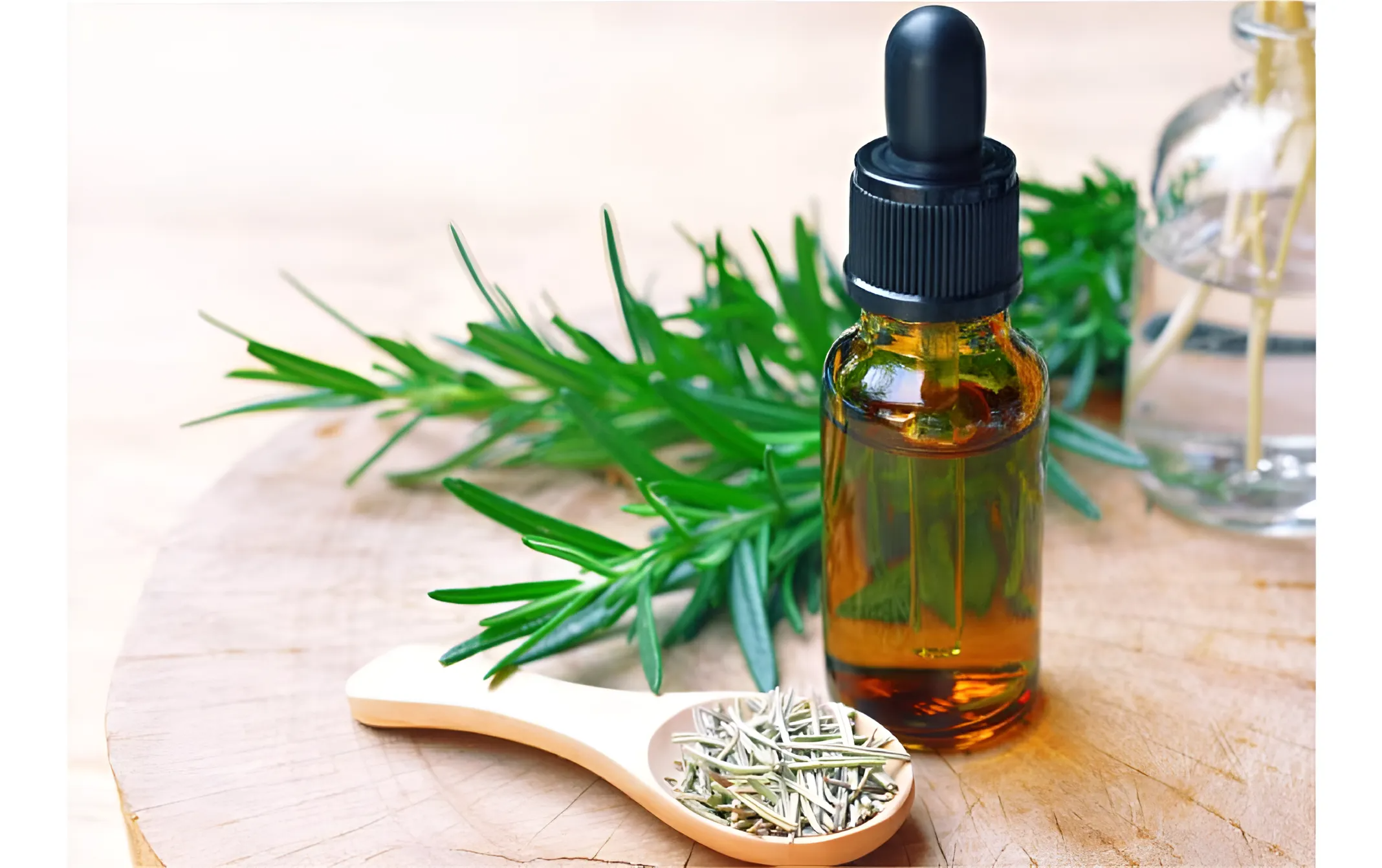Dog and cat owners are turning more and more towards natural supplements to support the health and wellbeing of their furry friends. Amongst them, ursolic acid powder is one such favorite due to its rich anti-inflammatory, antioxidant, and metabolic properties. But is ursolic acid powder safe and reliable for cats and dogs? Let's explore what science dictates and how to use ursolic acid powder in a responsible manner.

What is Ursolic Acid?
Ursolic acid is a pentacyclic triterpenoid found in apple, cranberry, rosemary, and basil peels, to name a few. It has been traditionally utilized in herbal remedies and also researched for antioxidant, anti-inflammatory, antimicrobial, and metabolic action in animal and human models.
Natural, it is of interest to those who want to see more natural pathways to wellness for their pets, but safety and efficacy need to be established before they can be added to your pet's regimen.

Ursolic Acid Benefits for Dogs and Cats
1. Protection against free radicals
Ursolic acid inhibits toxic free radicals, and oxidative stress is thus alleviated. This benefits dogs and cats because oxidative stress accelerates aging, inflammation, as well as age-related conditions such as arthritis and cardiovascular disease.
Research highlight:
Kunkel et al. (2011) found that the supplementation of ursolic acid decreased oxidative stress markers and maintained muscle function in animal models.
2. Anti-Inflammatory Effects
Inflammation is a normal response to injury, but chronic inflammation results in joint pain, skin pathology, and organ damage. Ursolic acid inhibits inflammatory signaling pathways like NF-κB to suppress inflammation.
Possible benefits:
- Arthritis and joint pain relief
- Decreased allergic skin reaction
- Protection from wound infection and healing
3. Metabolic Support and Weight Regulation
Pet obesity is on the rise, and it causes diabetes, arthritis, and heart disease. Ursolic acid has been shown to enhance fat burning and insulin sensitivity and can thus be employed as a weight loss supplement.
Animal studies:
Muscle mass was boosted, fat gain was avoided, and metabolic function was enhanced in test animals with ursolic acid supplementation (Kunkel et al., 2011).
4. Skin and Coat Health
Ursolic acid's anti-inflammatory and antioxidant properties may assist in healing skin problems like itching, hot spots, and dermatitis, and keeping the coat healthy.

Is Ursolic Acid Safe to Use on Cats and Dogs?
Safety Profile
The safety profile of ursolic acid is safe to administer in cats and dogs when used with the right dosing. However, any supplement must be handled with caution:
- Gastrointestinal Disturbance: Certain animals can have a mild disturbance to the digestive system (e.g., vomiting or diarrhea) when first presented with ursolic acid powder. Begin with a low dose and titrate dosages upward to prevent this effect.
- Drug Interactions: If your pet is on medication (particularly for inflammation or diabetes), a veterinarian can be consulted to determine whether there are any interactions.
- Allergic Reactions: Although uncommon, always monitor for signs of heightened allergies like itching, swelling, or shortness of breath.

Recommended Dosage
Veterinary dosage guidelines have not been established yet, but science and word-of-mouth confirm:
- Dogs: 5–10 mg per kg body weight each day
- Cats: 3–5 mg per kg body weight each day
Start with the lower end of the range and titrate as directed by your veterinarian.

Is Ursolic Acid Effective for Dogs and Cats?
Although most have been performed in animals or people, the mode of action is identical in all species. The antioxidant, anti-inflammatory, and metabolic actions of ursolic acid have been thoroughly demonstrated, and numerous holistic vets now incorporate it into a holistic supplement protocol.
Highlights of Potential Benefits:
- Can enhance joint mobility and health in older animals
- Can help with weight management and metabolic equilibrium
- Can minimize inflammation and skin irritation
Additional species-specific research is required to solidly prove these benefits in companion animals. Nonetheless, due to biological homology, the beneficial effects noted in other mammals are comforting.
Administration of Ursolic Acid to Animals
Preparations:
- Powder: Mixed with moist food or treats.
- Capsules or chewables (sometimes mixed with other supplements).
Instructions:
- Always mix well for even distribution.
- Added gradually to avoid upset stomach.
- Store in a cool, dry place.

Precautions and Veterinary Advice
Always consult with your veterinarian prior to adding any new supplement. Ursolic acid is not suitable for all sick animals (e.g., liver ailment) or animals on some medications (e.g., anti-inflammatory medications).
Also keep in mind that supplements are never used as a substitute for adequate nutrition and veterinary care. Rather, they can be added as an adjunct to an adequately fed, healthy lifestyle.

Conclusion
Powdered ursolic acid has been well-tolerated and effective when used as recommended in dogs and cats. Its antioxidant, anti-inflammatory, and metabolic activities have rendered it a prospective natural supplement in joint wellness, weight control, and skin and coat health.
But introduce ursolic acid slowly, observe your pet for any reaction, and consult your veterinarian regarding the amount based on the particular needs of your pet. Used as part of a complete regimen of health care, ursolic acid may help your pet live longer, stay healthier, and be more joyful.
References
Kunkel, S. D., Suneja, M., Ebert, S. M., Bongers, K. S., Fox, D. K., Malmberg, S. E.,. & Adams, C. M. (2011). Ursolic acid increases skeletal muscle and brown fat and decreases diet-induced obesity, glucose intolerance and fatty liver disease. PLoS ONE, 6(6), e20666.
Seo, D. Y., Lee, S. R., Heo, J. W., No, M. H., Rhee, B. D., Ko, K. S.,. & Kwak, H. B. (2018). Ursolic acid in health and disease. Korean Journal of Physiology & Pharmacology, 22(3), 235-248.
Liu, J. (1995). Pharmacology of oleanolic acid and ursolic acid. Journal of Ethnopharmacology, 49(2), 57-68.










